Thursday, January 18, 2007
How To Find An Antagonist
I think there's a dictum against looking for trouble, because it's easy to find and not something you really want, but for a writer it's imperative to have a clear antagonist for your protagonist. Every hero needs a villain of some kind, a challenge, a fight, someone or something specific and concrete to fight against.
As I mentioned in my last posting, I was having a hard time figuring out which of several possible antagonists is really the primary one. The novel could be written with several similar but different story lines.
How did I solve this frustrating problem?
I realized I only needed to look at the main conflict scene, the climax, where good meets evil and somebody wins. It's right there in Act III. Just ask yourself, who exactly is the protagonist fighting against in this last possible moment of the great struggle? Who or what MUST be defeated? Someone or something external, an actual foe of some kind. It can be another character, a grizzly bear, the cold weather (for someone lost in the Arctic), etc., but it needs to be someone or something outside the protagonist and concrete, in some sense.
(Note that the internal conflicts you may have in mind for your protagonist are also relevant: the main internal conflict must be resolved in order for the protagonist to be able to overcome the main external conflict. For example, the hero must overcome his fear of the water in order to learn to swim and then win the Channel crossing competition. Make sure all your conflicts, internal and external, and all your subplots, feed into the main story line in some relevant way, highlighting aspects of your themes, drawing out nuances in the way people deal with their struggles.)
If you're like me and you have themes at work as you imagine your novel, you may be thinking "this member of the proletariat is fighting against the evils of capitalism" but you can't have a worker fight "capitalism" per se. You must bring it down to something concrete, an embodiment of capitalism. Have someone organize a labor union and fight against the evil CEO of a corporation for better working conditions and win. (Disclaimer: not all CEO's are evil, and not all members of the proletariat are good.)
I won't give the answer away, the one I now have for my novel, but in seeking the answer I found that although there are a series of challenges and conflicts along the way in the story, some inherent in the overall situation, some due to the escalating menace posed by the primary antagonist, it was indeed possible to sort out all these various "bad guys" (or things) and figure out which one is in fact the primary antagonist.
This gave me the main story question as well, nice and clear: how will the protagonist rise to the challenge and defeat this particular antagonist? That's really what it comes down to. Again, it can be a bear, the weather, a murderer, a bank robber, whatever -- depends on the story you are writing -- but there must be a clear struggle and this presents a clear question, if you didn't already know it.
I tend to see many "tracks" or story lines which run alongside, through, within and without each other, a more complex way of seeing how major and minor plot lines work together thematically and dramatically. I have a hard time pulling just one out and saying "this is the main one, the one around which to organize all the rest".
Even though these ideas are obvious and containined in every good how-to book on writing, nonetheless I still had to wrestle with these ideas until I truly made them mine. Hopefully I'll always remember this way of tackling the problem when there are too many possible directions to go in. Just ask what the final conflict scene is in your mind. You may not yet know which one you prefer over the other possible variations, but when you compare the possibilities visually in your mind, one or the other will stand out as the most impactful, the most meaningful, etc. It was easy enough once I realized where I needed to look in my imagination.
I added up all my planning notes to date on THE ISLE and the total word count is 48,274, of which 10,367 are the most recent notes I generated in reworking my outlines and problem-solving the antagonist question. Also in the grand total are the 7,497 words I wrote in finally answering my lingering questions about the mythology and magic. I'm not satisfied with surface-level answers, quick or common solutions. I always seek the deeper meaning, the real meaning that is part of the fabric of the story, the truth within the story. I keep looking until things ring true, until I can see the information I come up with forming the basis of a conversation or action between characters that makes real-life sense, while also making my point in some larger, thematic context.
After struggling with the ever-recurring planning questions, those nasty tentacles that I would pin down only to have them fly up at me again, this recent progress is very satisfying. Having the definitive story question gives me the one main hook that I can tie everything else to. The rest of the details fit into place and every other question becomes much easier and quicker to answer. It's nice that although I was spinning my wheels before, all those planning notes are in fact useful. I still need that information. It's just that now I can organize it and prioritize it and make selections from within it with clarity, since I know the main question and the ultimate conflict.
Hopefully I will start writing prose tonight, getting the first draft back on track. Unless another tentacle or two pops up again, but with the recent answers I'm optimistic nothing will come up that would slow me down as much as these last questions have.
Adrian
Subscribe to:
Post Comments (Atom)
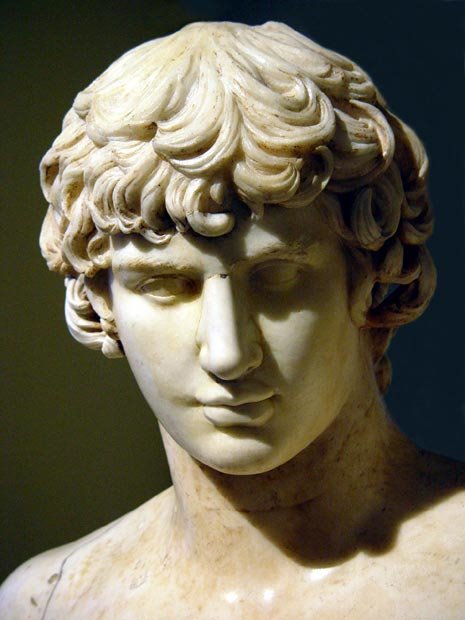
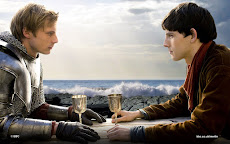



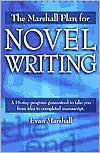
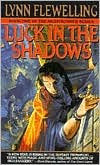
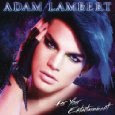
No comments:
Post a Comment